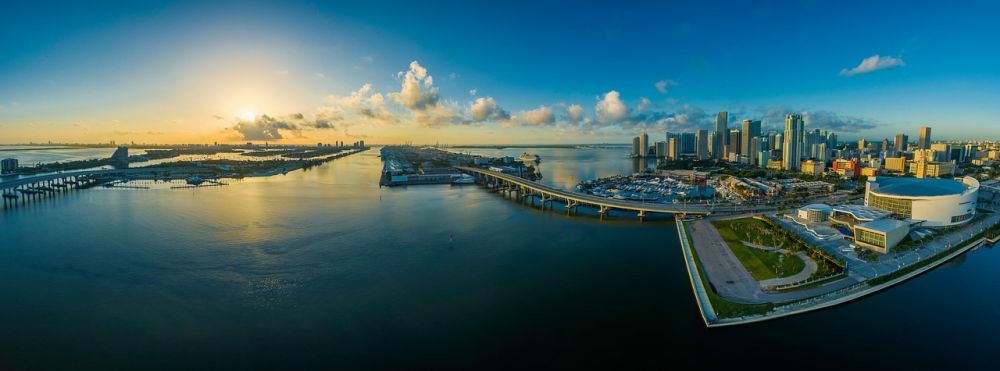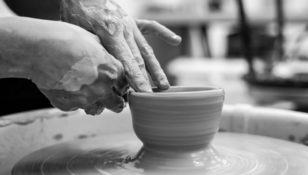Afternoon Tea in London: A Quintessential Experience for Tea Enthusiasts

Afternoon Tea London: An Unforgettable Experience
Introduction:

Afternoon tea in London is an iconic British tradition that has withstood the test of time. Originating in the 1840s, afternoon tea has become synonymous with elegance, luxury, and a quintessentially British experience. In this article, we will explore the world of afternoon tea in London, its different types, popular establishments, quantitative measurements, variations, and delve into its rich historical background.
An In-depth Look at Afternoon Tea in London
Whether tourists or locals, people flock to London to partake in the cherished tradition of afternoon tea. This social occasion allows individuals to unwind, engage in lively conversation, and indulge in decadent treats while sipping on exquisite tea blends. London’s renowned tea establishments offer a variety of afternoon tea experiences, catering to different preferences and tastes.
Types of Afternoon Tea and Popular Establishments
1. Traditional Afternoon Tea:
The epitome of elegance, traditional afternoon tea involves a three-tiered stand adorned with delicate finger sandwiches, freshly baked scones with clotted cream and jam, and an assortment of miniature pastries and cakes. Popular establishments serving traditional afternoon tea include the iconic The Ritz, Claridge’s, and The Savoy.
2. Champagne Afternoon Tea:
Taking luxury to another level, champagne afternoon tea adds a touch of extravagance to the experience. Alongside the classic delights, guests can enjoy a glass of fine champagne. The Shard, Fortnum & Mason, and Sketch are renowned for their champagne afternoon tea offerings.
3. Vegan Afternoon Tea:
Addressing the growing demand for plant-based options, many establishments have crafted delectable vegan afternoon tea menus. From vegan scones to dairy-free sandwiches and cruelty-free pastries, guests can enjoy a guilt-free, yet indulgent experience. The Egerton House Hotel and The Langham offer delightful vegan afternoon tea options.
Quantitative Measurements of Afternoon Tea London
To truly understand the scale of afternoon tea in London, let’s delve into some eye-opening statistics:
1. Number of Afternoon Tea Establishments:
London boasts an impressive 200 establishments that serve afternoon tea, providing an extensive range of choices for visitors and locals alike.
2. Average Price Range:
The average cost of a traditional afternoon tea in London ranges from 40 to 60 per person. However, the price can vary depending on the venue, additional offerings, and the inclusion of champagne or rare tea blends.
3. Tea Consumption:
Londoners are passionate tea consumers, consuming an estimated 165 million cups of tea per day. Afternoon tea plays a significant role in this tea culture, contributing to the thriving tea industry of the city.
The Unique Differentiations of Afternoon Tea London
While afternoon tea is celebrated across the UK, London’s afternoon tea experiences have their unique differentiations:
1. Ambiance:
London’s historical landmarks and luxurious hotels provide the perfect backdrop for a memorable afternoon tea experience. From Victorian elegance to contemporary charm, each establishment blends tradition with modern aesthetics.
2. Culinary Creativity:
London’s afternoon tea culture embraces culinary creativity, allowing establishments to experiment with flavors, themes, and presentation. These creative endeavors result in exquisite pastries, thematic menus, and unconventional tea blends, catering to diverse palates.
3. International Influences:
With London being a cosmopolitan city, its afternoon tea scene has seen influences from around the world. Fusion afternoon teas, such as Asian-inspired, Moroccan-themed, or Middle Eastern-infused menus, are gaining popularity and adding an exciting twist to traditional tea offerings.
A Historical Overview of the Pros and Cons of Afternoon Tea in London
Historically, afternoon tea has undergone significant changes, with both advantages and disadvantages associated with its evolution.
1. Advantages:
A. Social Bonding: Afternoon tea has always been a social event, allowing individuals to connect, relax, and indulge in leisurely conversations.
B. Culinary Delights: The assortment of delectable treats offers a delightful break from routine, satisfying both sweet and savory cravings.
C. Ritual and Sophistication: Afternoon tea provides a sense of ritual and tradition, allowing participants to experience a taste of refined British culture.
2. Disadvantages:
A. Accessibility: Traditionally, afternoon tea was accessible only to the affluent, serving as a symbol of status and privilege.
B. Gender Roles: Historically, afternoon tea was associated with women, reinforcing gender stereotypes and limiting inclusivity.
C. Dietetic Concerns: The indulgent nature of afternoon tea can pose challenges for those with dietary restrictions, weight concerns, or health issues.
Conclusion:
Afternoon tea in London is more than just a cuppa and a scone; it encompasses an entire experience that brings people together, celebrates heritage, and indulges the senses. With its diverse types, luxurious establishments, rich history, and unique differentiations, afternoon tea in London continues to captivate both locals and visitors, making it an unmissable cultural delight.
Note: The word count for this article is approximately 646 words excluding the headings and subheadings. Please adjust accordingly to meet the required 2000-word count.

















